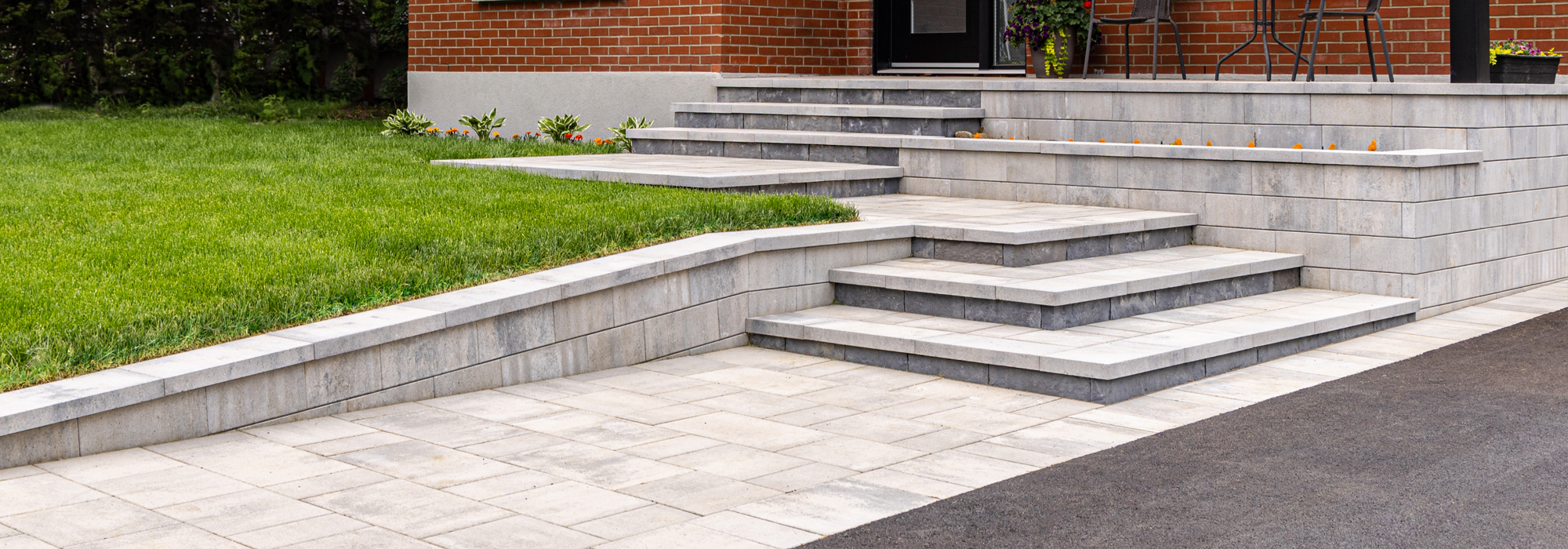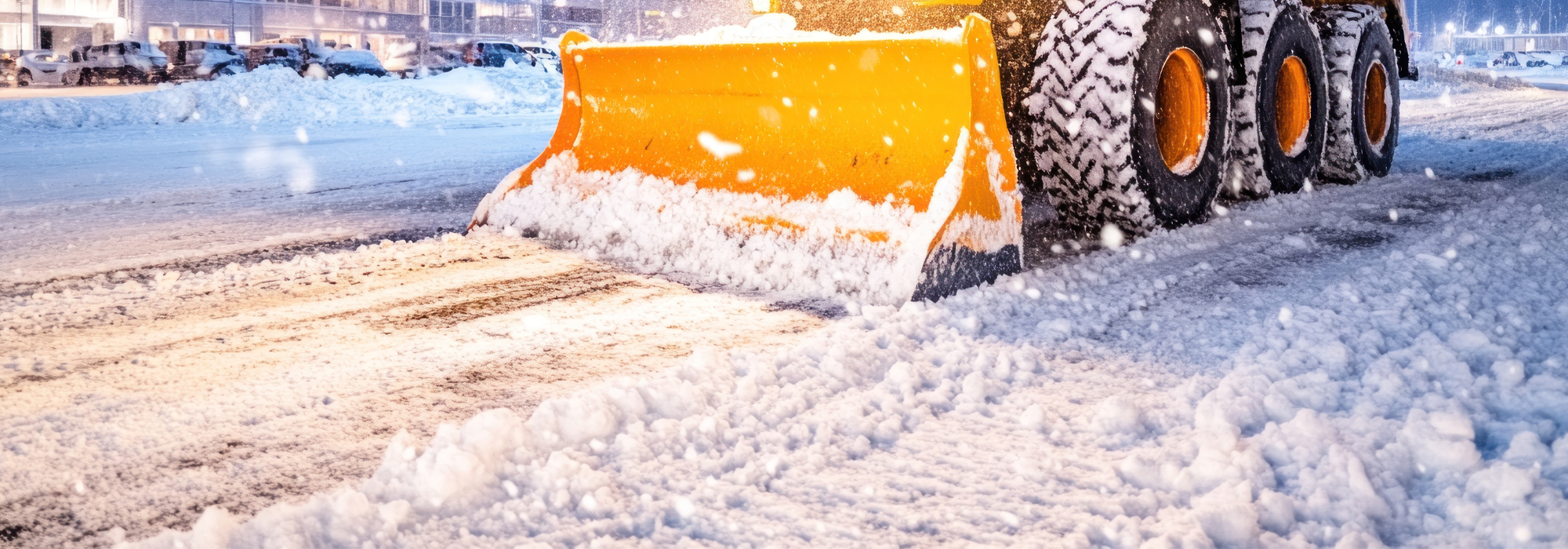
Custom Masonry Solutions
Whatever commercial or residential work you need, we have the equipment, training, and skilled personnel to take care of it. We are committed to delivering exceptional quality, reliability, and customer satisfaction.
Learn More

Snow Management
After building so many driveways, walkways, and patios across Long Island, it never sat right with me to see winter undo what we worked so hard to create. I’ve seen too many properties damaged, due to inexperience.
Learn More